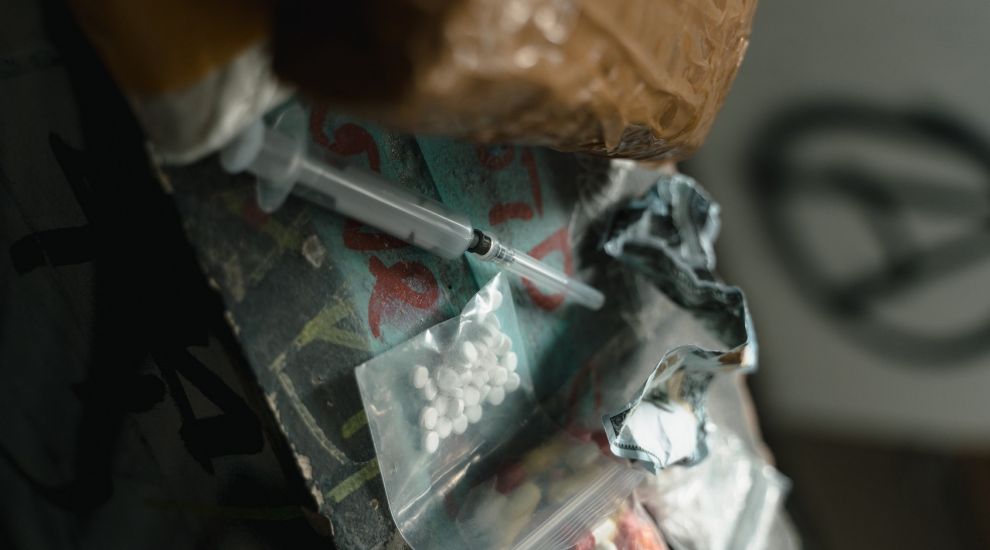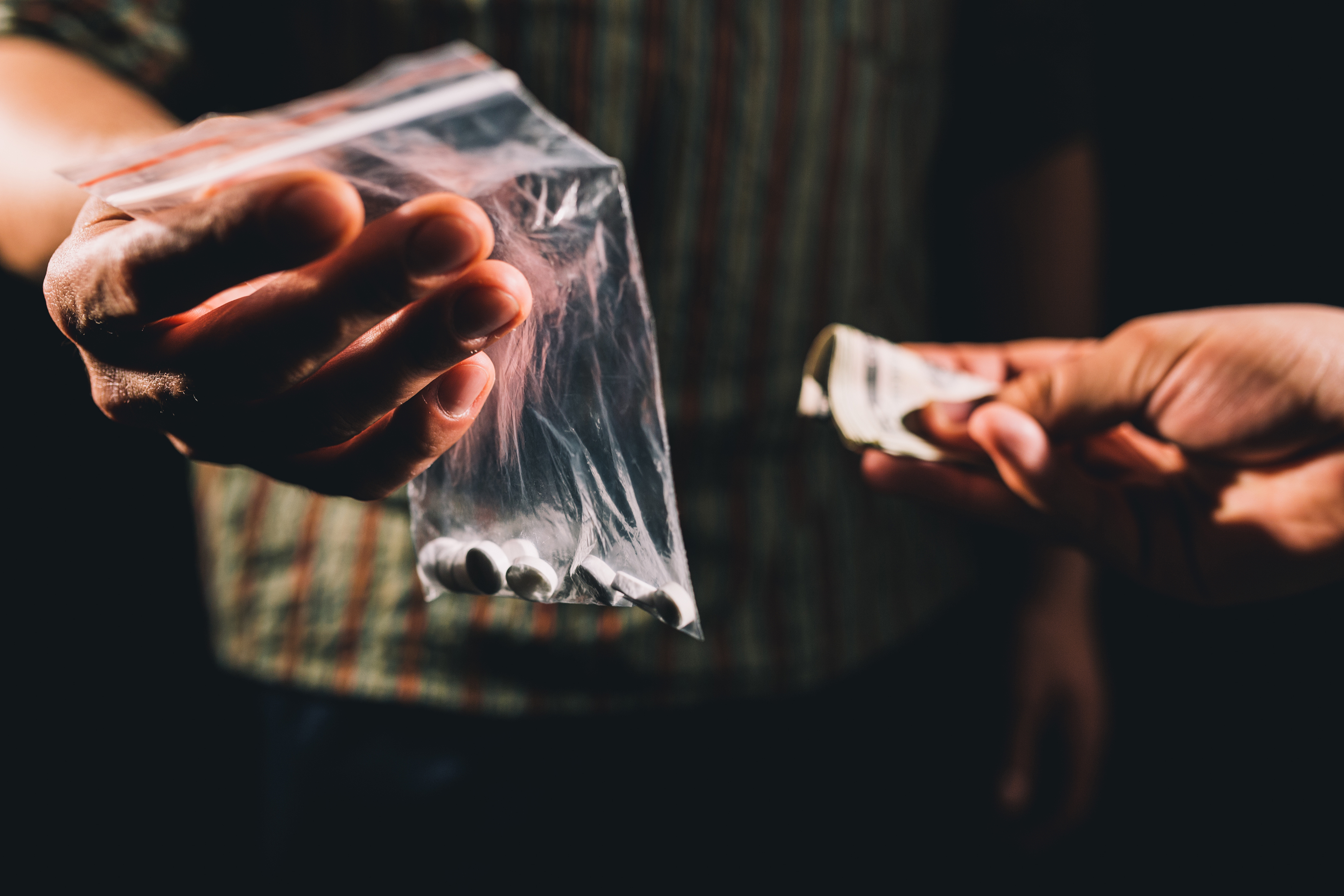


Jersey's Public Health team says it has decided to move away from 'drugs are bad' campaigns to focus on promoting harm reduction among islanders.
While many islanders don’t take drugs, those that do can be at risk of experiencing adverse reactions.
Public Health says these reactions tend to be due to unsafe behaviours such as taking a too high a dose, taking too often or taking with other substances. The mental state of the person taking the drug and the physical environment they are in can also contribute to this.
While it advises that the easiest way to stay safe is to not take drugs, if people do choose to use them, Public Health is advising that they should do so in the safest ways possible causing minimal harm to themselves and those around them.
From now on, they'll be providing information and guidance covering drug-specific risks, how these can be reduced, and the signs and symptoms of when someone needs immediate medical assistance.

Pictured: Islanders will be provided with information to ensure they know the signs and symptoms of when someone needs immediate medical assistance after taking drugs.
This change in the Government’s approach will address substance use and associated health and social harms as the main priority. This includes health issues such as preventing problematic use, reducing deaths, and diseases as well as addressing wider social issues such as stigma, healthcare access, unemployment, housing, and inequalities.
Director of Public Health, Professor Peter Bradley, explained: “Substance use has changed and therefore our approach to it must change. We have seen in other jurisdictions that the ‘drugs are bad’ messages are not effective and that this new informed approach works. We are not condoning the use of illegal substances, what we would like to do is inform Islanders and help people stay safe.
“There will always be people using drugs despite knowing the dangers. We want to educate Islanders on practical elements that may make drug taking behaviours less harmful. Taking any substance is dangerous, so it is important that Islanders are fully informed of how to stay safe, look out for others, and seek help if needed.”
Islanders can contact the Alcohol and Drugs Service on 445000 for advice and support. Young Islanders can find more information via the Youth Enquiry Service.
Comments
Comments on this story express the views of the commentator only, not Bailiwick Publishing. We are unable to guarantee the accuracy of any of those comments.